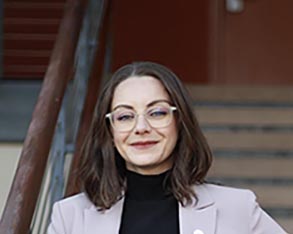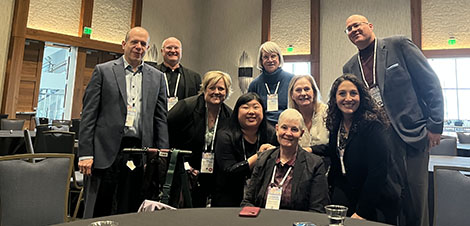The Department of Communication is dedicated to advancing knowledge about communication and its practice in society. The department examines how meaning is created and negotiated in human interaction to address the personal, professional, and public communication challenges and opportunities posed by 21st century life. Our students become leaders in private, public and civil sectors by developing a deep and practical appreciation of how communication shapes the world in which we live.Research from SC&I’s renowned faculty experts examines the complexity of communication processes related to five focal areas: communication and technology, health communication, interpersonal communication, language and social interaction, and organizational communication. SC&I’s students may also acquire knowledge and skills allowing them to pursue careers related to strategic communication and public relations, leadership, health and wellness, relational and family communication, and a range of other options.







